CHRIS HARRIS WITH MOTIVATIONAL PROS ADVISES CREATIVE EXPERTS NOT TO BECOME ATTACHED TO IDEAS THEY WISH TO SELL
Today we’d like to introduce you to Chris Harris.
Now, in as much detail as you’re willing to share, why don’t you tell us about what you do?
Through Motivational Pros I offer motivational and sales performance seminars, as well executive consulting for the additive manufacturing industry (3D printing). However, people who know me best would describe me as a serial entrepreneur. Over the past three decades, I have started several successful businesses and have written six books (and counting). I am a close-quarters combat expert with 25 years of experience as an independent contractor training federal agencies, military, and special forces. The system of combatives I taught to the United States and its global allies is called Roku Jutsu, which I developed in 1993. Lastly, I have been awarded multiple patents for my inventions relating to personal safety and am a United States military veteran.
Looking back, what success advice would you give to your younger self?
As an inventor, I have either licensed or sold the rights to my intellectual property (IP) on several occasions throughout the years. And, having friends and colleagues who create for a living, I must admit that one of our greatest downfalls is becoming entirely too attached to our ideas we wish to monetize. Producing a creative product with the intent of generating cash flow and then viewing this work as “my baby” and referring to it as being “part of me” is never a good idea. Once this mental shift happens and we make that little spark of genius something personal, we lose the ability to view and evaluate the project and product objectively. This opens the doors to an onslaught of unforgiving mistakes that hurts us the most when it’s time to sell.
Don’t get me wrong, there’s a time for experts, such as writers, artists, designers, or musicians, to create solely for the love of their craft. What I’m referring to is not making things personal when the goal is to put food on the table. The day I began viewing my inventions as a business was the day that my business became profitable. For me, comingling my passion with the need to provide for my family has become a thing of the past, and I now have a deeper understanding of what Thomas Edison meant when he said, “Anything that won’t sell, I don’t want to invent.” Based on his comment, I believe Mr. Edison learned this
Do you have any final thoughts you would like to share with our audience?
Engraved on most tombstones are the date of our birth and the date of our death, with a small dash in between. Through much introspection, I have learned that the dash in the middle is significantly more important than the numbers themselves. For some people, merely surviving until death is their dash, with self-preservation being their ultimate driver. For others, the dash may be their success, their career, their family, or a worthwhile cause. But for me, I can sum up my dash with one simple sentence: “The success that I want for myself, I want for everyone who is willing to do the work.”
Knowing what you want to be known for and how you want to be remembered after you’re gone can have a significant impact on your life, as well as the lives of others. However, if you’re unable to articulate these answers, it may be simpler to begin by declaring how you don’t want to be remembered. The good news is, if you don’t like the answer you’re faced with, you might not have to change what you’re currently doing. Instead, you may just need to change the motives behind why you’re doing it. Either way, by discovering these answers now, you will create a three-dimensional road map that can lead you to a more fulfilled life. A life that’s brilliantly colored with your core values and brimming with a sense of purpose. Now, go find your dash!
Finally, how can people connect with you and learn more about what you do?
The best way to connect with me is through my website: www.MotivationalPros.com

